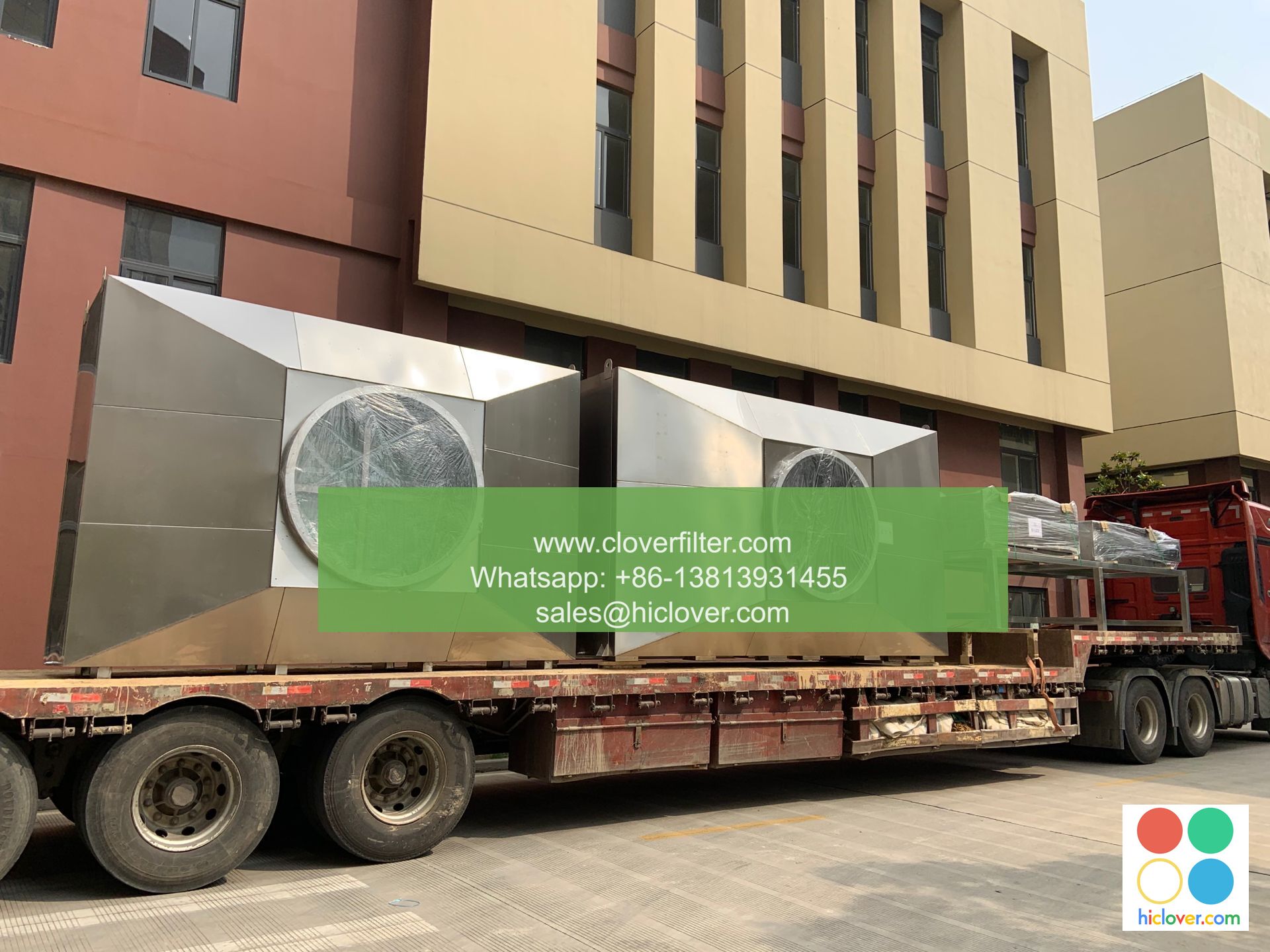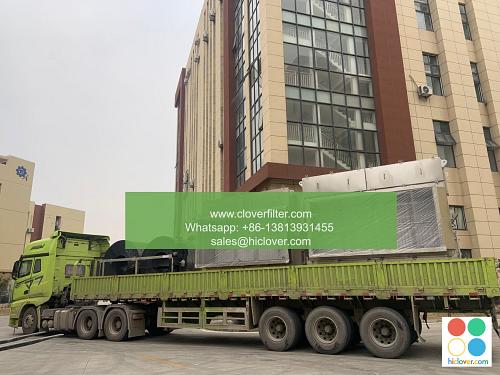The Pros and Cons of Using a HEPA-15 Air Filter

Introduction to HEPA-15 Air Filters
High Efficiency Particulate Air (HEPA) filters have been widely used for their superior air purification capabilities, capturing 99.97% of particles as small as 0.3 microns. The HEPA-15 air filter, in particular, has gained popularity in recent years due to its enhanced filtration efficiency and indoor air quality improvement. In this article, we will delve into the pros and cons of using a HEPA-15 air filter, highlighting its application areas and benefits for residential, commercial, and industrial settings.
Pros of Using a HEPA-15 Air Filter
The HEPA-15 air filter offers several advantages, including:
Improved Indoor Air Quality: By capturing particulate matter, pollen, dust, and other airborne contaminants, HEPA-15 filters provide a healthier indoor environment for occupants.
Reduced Allergy and Asthma Symptoms: The filter’s ability to trap allergens and irritants helps alleviate respiratory issues and allergic reactions.
Increased Energy Efficiency: HEPA-15 filters can help reduce energy consumption by minimizing the workload on heating, ventilation, and air conditioning (HVAC) systems.
Longer Filter Life: Compared to traditional filters, HEPA-15 filters have a longer lifespan, reducing maintenance costs and waste generation.
Cons of Using a HEPA-15 Air Filter
While HEPA-15 air filters offer numerous benefits, there are also some drawbacks to consider:
Higher Upfront Costs: HEPA-15 filters are generally more expensive than traditional filters, making them a larger initial investment.
Increased Pressure Drop: The higher filtration efficiency of HEPA-15 filters can result in a greater pressure drop, potentially leading to reduced airflow and increased energy consumption.
Limited Compatibility: HEPA-15 filters may not be compatible with all air purification systems or HVAC systems, requiring additional installation costs or system upgrades.
Application Areas for HEPA-15 Air Filters
HEPA-15 air filters can be applied in various settings, including:
Residential Homes: Improving indoor air quality and reducing allergy symptoms for homeowners.
Commercial Buildings: Enhancing office air quality and productivity while reducing sick leave and absenteeism.
Industrial Facilities: Providing a cleaner and safer work environment for employees and reducing equipment damage caused by airborne contaminants.
Healthcare Facilities: Protecting patients and staff from airborne pathogens and infection by using HEPA-15 filters in ventilation systems.
Conclusion
In conclusion, the HEPA-15 air filter offers numerous benefits, including improved indoor air quality, reduced allergy symptoms, and increased energy efficiency. However, it is essential to consider the higher upfront costs, potential pressure drop, and limited compatibility when deciding to use a HEPA-15 air filter. By understanding the pros and cons and application areas of HEPA-15 filters, individuals can make informed decisions about air purification and indoor air quality improvement. You haven’t asked a question or provided any context. What would you like to talk about? I can give you information, answer questions, or provide opinions on a wide range of topics. Please provide more details so I can assist you better.

